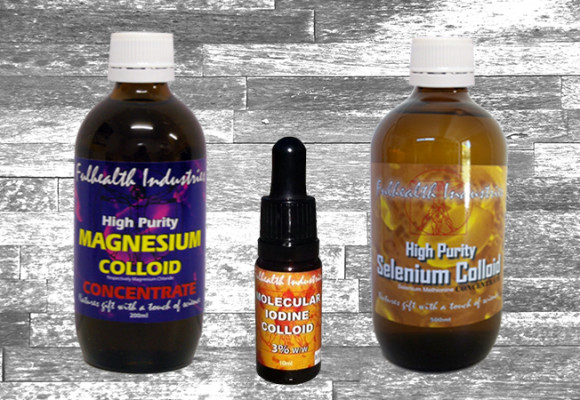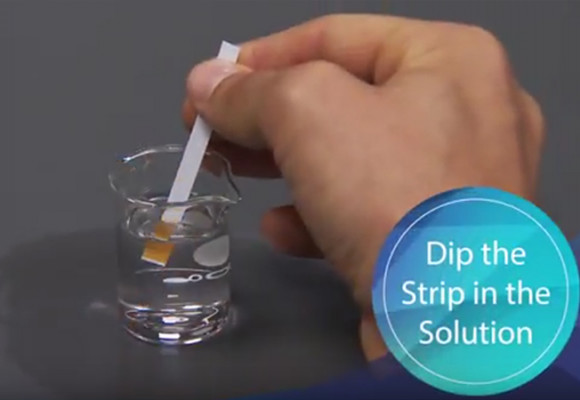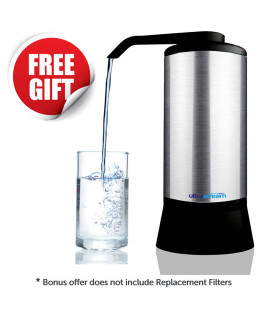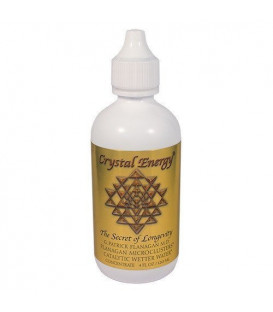
What Are Free Radicals?
What Are Free Radicals?
Free radicals are unstable molecules created by poor diet, stress, pesticides, pollution, electronic devices and, even naturally, by the normal biological processes of the body.
These unstable toxic compounds are a by-product from digestion, fatty acid breakdown, metabolites or intermediates from biochemical breakdown.
They can even be generated by poor diet, stress, pesticides, pollution, electronic devices and, even naturally, by the normal biological processes of the body.
- Free radicals attach themselves to a stable molecule within the body and steal its electron.
- Free radicals travel through the body, stealing electrons from vital tissues.
- This continuous chain reaction results in cellular damage to the body, allowing disease and premature degeneration to take place.
Free radicals are usually intermediate compounds from metabolism that have an odd number of electrons.
Free radical intermediates have a strong affinity to attract an electron from a neighboring molecule such as a large enzyme complex or membrane system which when altered is limited or damaged in its regular function.
 Since electrons around atoms are more stable when paired (even numbers) they seek or attract electrons when they aren't paired.
Since electrons around atoms are more stable when paired (even numbers) they seek or attract electrons when they aren't paired.
A free radical is damaging in that if not soon neutralised by an antioxidant or reducing agent they will randomly attract electrons from neighboring molecules.
As important bio-molecules are damaged they begin to "age" or are not as normal as healthy cells.
Hydrogen is the most powerful anti-oxidant that science knows about.
It is for this reason alone that a diet rich in RAW fruit and vegetables has such a profound and positive impact on the health of organic body's.
The water content of raw fruit and vegetables is hydrogen ion rich.
If it wasn't, the soluble water contained within the produce would oxidise the carbohydrates of the produce very quickly.
Like real quick!
Nobel Prize Winner, Dr. Alexis Carrell, says...
"The cell is immortal. ...As far as we know, the pulsation of life can go on forever."
Dr. Alexis Carrel did an experiment [1912-1940] to keep cells from a chicken heart alive and reproducing new cells for 28 years!
Chickens only normally live eight years, so these chicken heart cells far outlived the life of a chicken and they could have lived on forever if he wanted.
He did this by placing the cells in a saline solution that was the perfect temperature, pH, and nutrient/mineral balance. He replaced this solution daily (cleaning away the toxic [acidic] wastes).
Eventually, after 28 years they purpose of the experiment was achieved.
The cells did not die of aging they simply stopped the experiment and Dr. Carrel concluded the following;
"The cell is immortal. It is merely the fluid in which it floats which degenerates. Renew this fluid at intervals, give the cells what they require for nutrition and, as far as we know, the pulsation of life may go on forever."
Renewing the fluid
Providing your body with clean, fresh hydrogen ion rich fluids has a lot to do with free radical neutralisation.
Water filters that generate hydrogen ions (ionise) when water is passed through ionising/filtering media is also a big step in providing the body with more antioxidant potency.
Oxidisation (rust & decay) in the body can only flourish when hydrogen ions are deficient.
Man made hydrogen supplements like Patrick Flanagans MegaHydrate is another way of getting concentrated H- hydrogen ions into your body.
egaHydrate has shown antioxidant activity against superoxide and hydroxol free radicals in vitro, two free radicals highly damaging to biological systems (Flanagan & Lloyd 1999).
A clinical double blind, placebo controlled preliminary trial showed that 4 capsules of Megahydrate per day for two weeks, reduced the production of serum alkenals, free radicals produced from fatty acid oxidative products (membrane oxidative products).
This trial showed that the mineral antioxidant tends to protect against free radicals generated within and circulating in the body.
The seven subjects tested, received a placebo of rice bran flour for two weeks as the control.
The averaged serum alkenal/creatinine ratios were reduced by 43% in the seven subjects when consuming the Megahydrate supplement showing a strong tend in protection against free radical damage.
Related articles
![]() Crystal Energy Softens Water Tension
Crystal Energy Softens Water Tension
![]() MegaHydrate / Crystal Energy - Wetter Water
MegaHydrate / Crystal Energy - Wetter Water
DISCLAIMER: The products and information mentioned on this site are not intended to diagnose, treat, cure, or prevent any disease. Information and statements made are for education purposes and are not intended to replace the advice of your medical professional.











